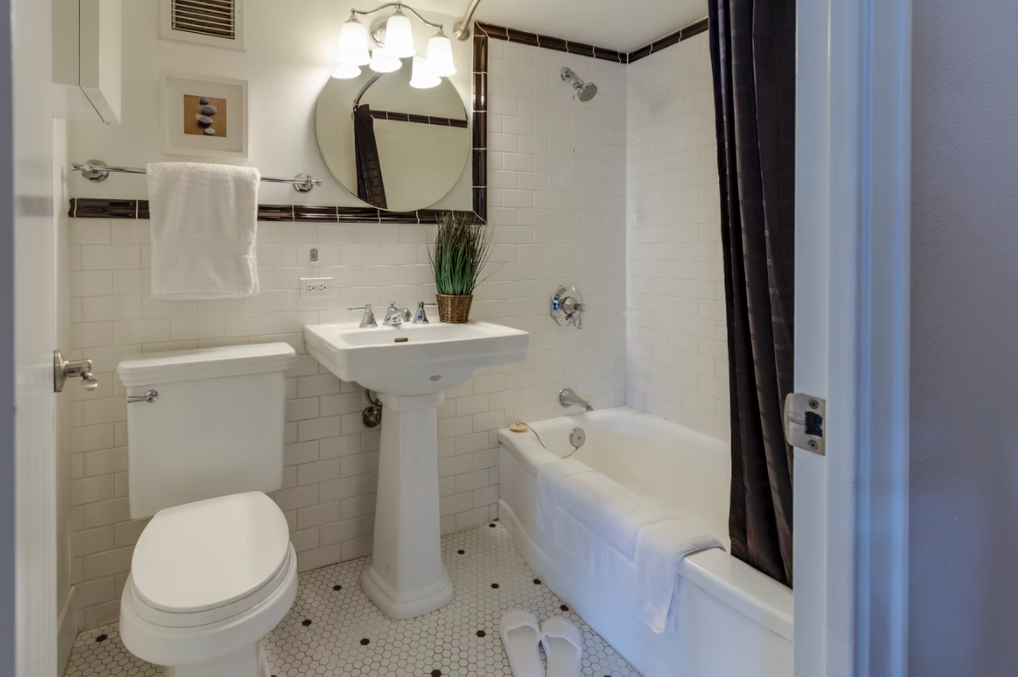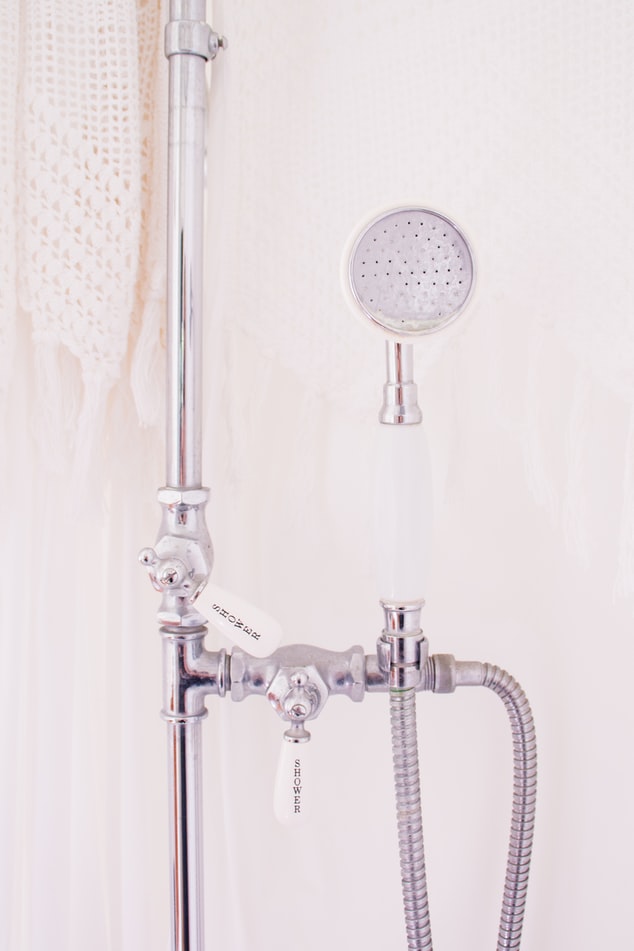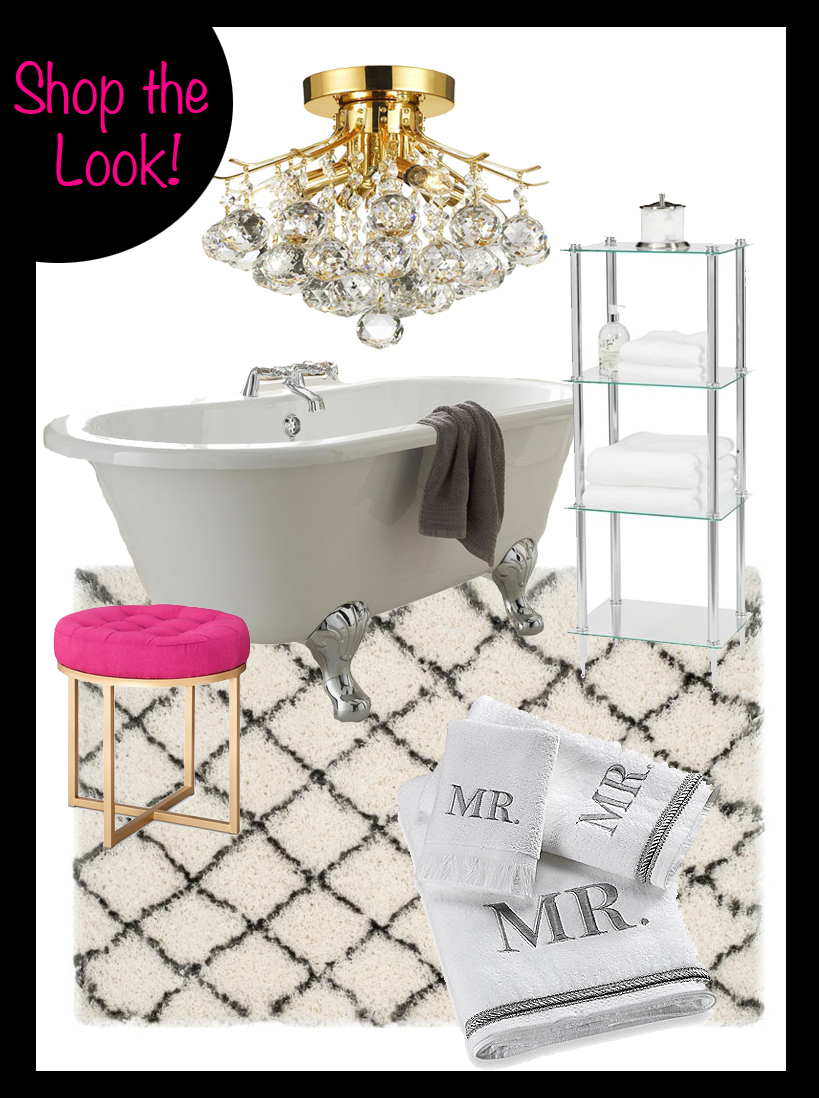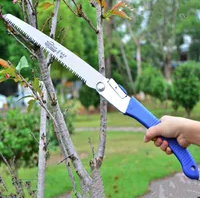The Fundamentals for Keeping Your Plumbing Efficient and Functional

It’s easy to miss issues with the plumbing system when no prominent problems are happening!

Most people presume everything is ok and neglect standard care and upkeep until there is a significant problem.
The problem is that by this point, the issue will be substantially worse, as will the repair costs. Visit Effortless Savings: A Plumber’s Guide to Preventative Maintenance for Cost-Effective Plumbing – Ledger – for tips for cost-efficient plumbing when incorporating preventive maintenance.
That’s particularly true if a pipe bursts, drains are blocked, leaks can develop, with the potential for secondary issues of considerable water damage and mold and mildew growth. Let’s examine reasons that essential maintenance is critical for keeping a busy household functioning.
Essential Plumbing Tips for Homeowners
Your household plumbing is integral to the overall function of the home. The water supply, valves, and pipes contribute to the comfort and efficiency of those living in the house. As problems develop with the system, you can see water wastage, incur water damage, and elevated utility costs.
By following a few straightforward tips, the plumbing system will operate seamlessly, reduce the frequency of serious repairs or emergencies, and ensure the conservation of your resource and an efficient flow for your household.
Identifying and addressing home plumbing leaks
Leaks can be silent and unseen by the naked eye but can result in substantial water wastage, potentially compromise the property structure, result in elevated monthly utility costs. A priority is to find the problem early and have it repaired to prevent these adverse consequences.
Simple DIY techniques can be incorporated to detect leaks when you’re unsure where the problem is; tools as simple as a food coloring test and recognizing when the water should be shut off to seek a professional plumber’s assistance.
- Shut-off valves: When moving into a new property, become familiar with the main water shut-off valve location. When shutting the system down rapidly, you can prevent extensive water damage from a major leak.
- Water usage: Pay attention to your water meter to recognize sudden increases that indicate a leak.
- Toilet paper: You could have a toilet leak, and one way to be sure is to use toilet paper applied to the back of the bowl after a flush. If it sticks, this can mean there’s a slow leak.
- Corrosion: Pipes should be routinely inspected for corrosion, which makes the pipe susceptible to leaks.
- Water usage: Pay attention to your household water usage; if it spikes, there is likely a leak.
Water heater upkeep
Your water heater’s function, efficiency, and longevity depend on adequate care and upkeep. The system should be routinely flushed to avoid a sediment accumulation. A priority is to pay attention for rusty water to then schedule an inspection and possible replacement.
Regular preventive measures from a quality plumbing company such as John Padilla Plumbing can save you from frequent problems or the potential for a breakdown.
- Problems arise: A lack of hot water or rusty water is a reason to reach out to a qualified plumber to inspect the unit and produce solutions for the issue.
- Flushes: The water heater can function much more efficiently and have an extended longevity if the system is regularly flushed to rid the unit of sediment.
Clearing drains
Water damage is a concern when anything goes wrong with the plumbing system. That includes clogs or blockages among the drains. These can be prevented when you pay attention to what you’re putting in the drain, use mesh drain covers, and natural solutions to keep the drain clean.
Difficult clogs should be inspected by a credentialed plumber, and regular drain maintenance will keep the system functioning smoothly to avoid common blockage-related problems.
- Natural solutions: A blend of vinegar and baking soda will efficiently keep the drains clear without damaging the pipes as is possible with harsh chemicals.
- Preventive measures: Drain filters in the sinks and showers can prevent debris, such as hair from clogging the drain.
Routine plumbing upkeep
Setting up a schedule for regular upkeep and professional inspections and maintenance is vital to keeping the plumbing system healthy and efficient.
A reputable and reliable plumbing expert allows early detection of issues and prompt repairs to then conserve water and ensure stable utility costs. View here for tips on essential preventive maintenance.
- Fixture inspections: Showerheads, faucets, and other equipment should be routinely inspected for wear and early detection of leaks.
- Scheduling maintenance: Organize your upkeep and professional maintenance into an easy-to-follow schedule and develop user-friendly checklists.
Final Thought
Effective plumbing upkeep and professional maintenance depend on your ability to recognize when an expert plumber is needed to inspect and make necessary repairs.
When issues persist and don’t respond to conservative measures, a plumbing company is essential to diagnose the underlying issue for an effective fix.
Experts bring valuable knowledge and expertise along with the proper tools and equipment for a long-lasting fix from the start and little likelihood for complications to develop.
Partnering with a professional plumber for preventive measures and performing standard upkeep will keep your plumbing functional and efficient.








